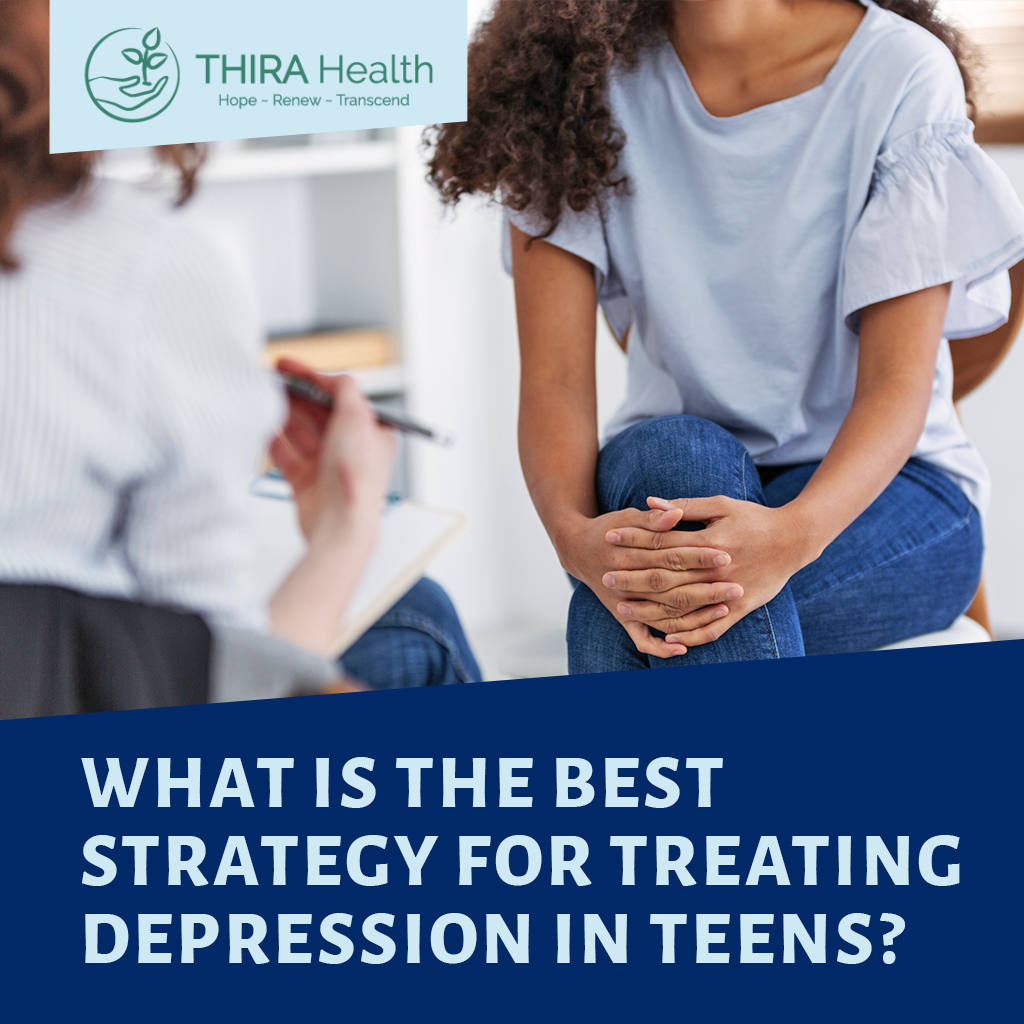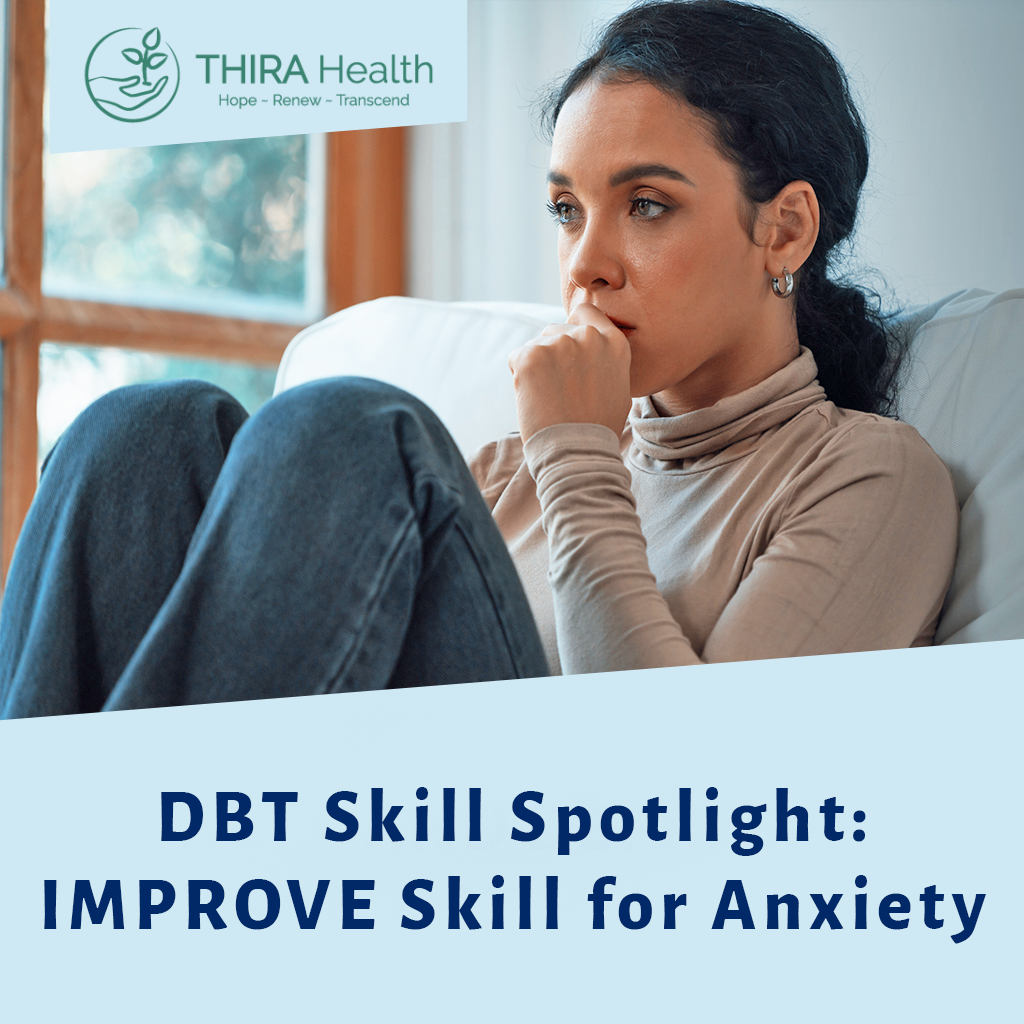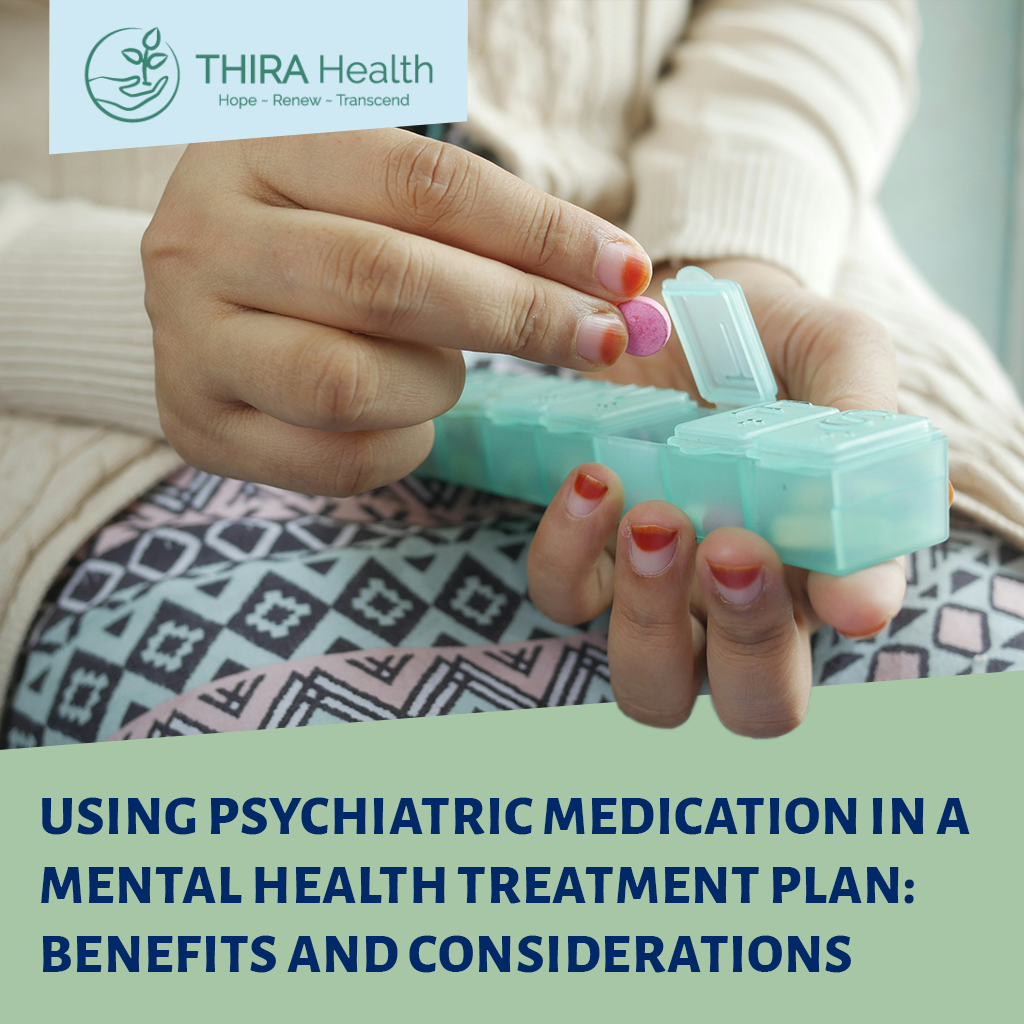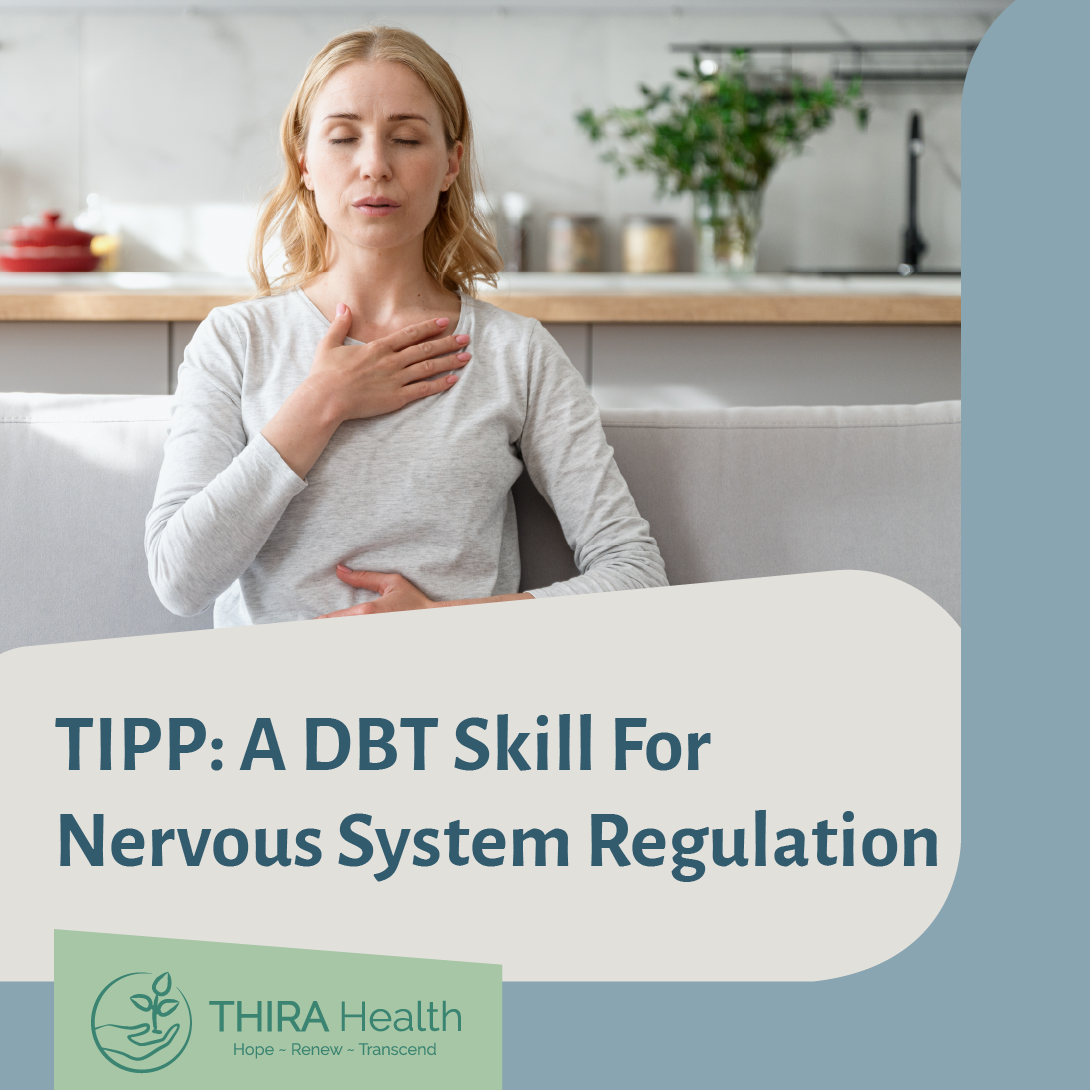As you doubtless know Washington State is at the center of the storm that is COVID-19. What can you do to stay healthy and protect yourself and the ones you love? The Center for Disease Control and Prevention’s (CDC) website has an extensive list of resources available to learn more about the virus and to stay up to date on its progression through the US and the world.
However, here are some guidelines to stay safe during this new pandemic.
COVID-19 has entered the US and Washington State, and since it is a disease caused by a novel strand of Human Coronavirus, we are still learning about how individuals are becoming infected, the virus’ trajectory, it’s fatality rates, and more. As always, the best practice in uncertain times is to inform yourself as thoroughly as possible about how to prepare, stay informed, and exercise caution and reason. We have links to the best resources we’re aware of HERE (insert link to our reference page)
Washington State is currently the state with the highest number of confirmed cases of COVID-19. Washington’s reactionary measures will provide an example for the rest of the nation on how this disease spreads, who is most at risk, and what measures can be taken to stop infection.
How COVID-19 Spreads
While we’re still learning the details about how this virus spreads, we do have some information from the CDC about the general behavior of the pandemic.
For the time being, the Human Coronavirus seems to spread in similar ways to the flu. Most transmissions happen between people who are in close contact with one another, about six feet in distance. Transmission can also occur through airborne droplets created when someone sneezes or coughs. When a nearby person inhales these droplets, infection can occur.
It is also the case that the virus seems to affect older adults more so than young people. However, people with chronic medical conditions are also at risk, no matter their age group.
Steps to Prevent Infection
Since we cannot control the decisions made by state officials, the best way to prevent infection is to take personal responsibility for knowing and following best practices for keeping ourselves safe…
Staying Sanitized
… And the best way to stay safe is to wash your hands often. Washing hands is especially important after touching high-traffic surfaces or even simply being in a public place. Do not touch your face—nose, mouth, and eyes, as these are the easiest ways for the virus to enter your body.
Did you know? Tell your kids to sing “Happy Birthday” twice while washing hands. This will ensure they wash for the full twenty seconds necessary to kill the virus.
Face masks are only necessary if you are already infected or if you’re caring for someone with the virus. The CDC asks that if you are not sick, please leave face masks for those who need them, especially caregivers.
Use disinfectants to clean surfaces daily. This includes doorknobs, light switches, phones, and anything else that you are touching on a daily basis. At the moment, it seems as though the virus can stay alive on metal surfaces between nine and twelve hours; however, scientists are still analyzing the virus to learn more about its life outside the body.
Social Isolation
If you are sick, the CDC recommends staying home, unless you have severe symptoms and need emergency care. Staying home for about fourteen days ensures that you won’t transmit the virus to anyone else, effectively stopping it in its tracks. Since there is currently no vaccine available (best estimate for a vaccine is about 18 months), the best way to prevent infection is to avoid coming into contact with the virus.
Washington State officials have already set measures in place to encourage social isolation. As of March 13, all schools have been closed statewide. Nursing homes are limiting visitors to protect the older population, and the governor has imposed a ban on large gatherings. These measures are necessary in order to stop the spread of the disease.
While social isolation is the best way to avoid the spread of the Human Coronavirus, it often comes at a cost. A person who works an hourly job and who won’t be going into work for several weeks—that person might not make enough money this month to pay their bills. The federal government is exploring opportunities to help Americans who are uninsured and don’t have enough paid sick days to stay home and stop the spread of the disease.
However, some jobs can easily be conducted from home, and experts recommend working from home whenever possible. For those who can manage it, spending a week or two at home can be a great opportunity to try a new recipe and bond with family members by sharing meals.
Our Response at THIRA Health
As THIRA Health serves patients whose need for services does not diminish despite the environmental cause for alarm, we are working to ensure the safety and health of our clients, staff, and facility.
Some of the ways that we are complying with infection-control best practices include:
- Following strict health and safety requirements (including frequent cleaning of our facility), and employing top quality food service standards and medical infection control procedures.
- Taking steps to increase social distancing for patients during program hours with expanded office space.
- Ensuring mandatory and frequent hand washing for staff, patients, and visitors.
- Increasing access to hand hygiene and facemasks throughout the facility.
- Limiting visits from non-essential individuals until further notice.
- Suspending all community group outings until further notice.
- Implementing CDC-recommended screening questions before patient and visitor arrival at time of intake appointments, in addition to requiring any patients or visitors with symptoms of illness to remain at home.
Every day we learn more about the Human Coronavirus and COVID-19. Remember to check the CDC and the Washington State Department of Health to stay updated on any changes.






